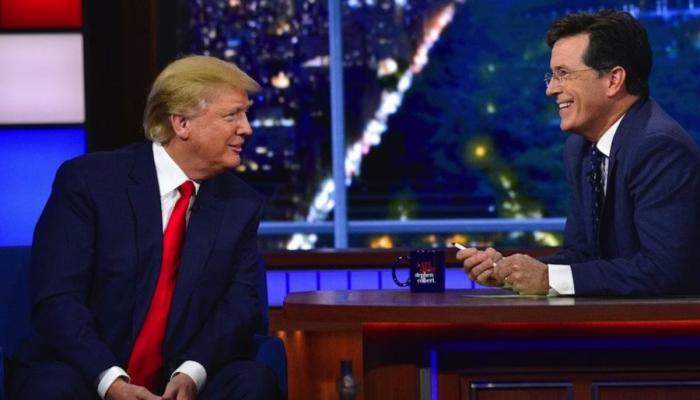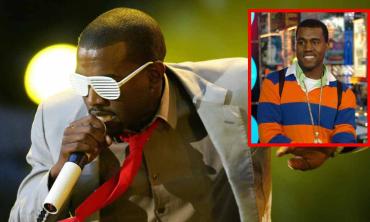Trump vs. late-night TV: Inside his push to cancel hosts
From Stephen Colbert to Jimmy Kimmel, Trump has celebrated cancellation of US late-night TV shows
Late-night comedy has always been a stage where politics meets punchlines, but Donald Trump is flipping the script.
Once a frequent guest and target of playful ribbing, the former president is now waging an open war on the very shows that made him a cultural character.
The tension boiled over after ABC suspended Jimmy Kimmel for comments about the death of Trump ally Charlie Kirk. Instead of defending free expression, Trump cheered the move, urging networks to take aim at other hosts who dare to mock him.
To critics, it’s less about comedy and more about power, silencing dissent one cancellation at a time.
The trend isn’t isolated. In July, CBS axed The Late Show with Stephen Colbert, one of Trump’s fiercest critics. Executives claimed “financial pressure,” but many saw it as corporate cover for political convenience. Trump, predictably, celebrated.
What’s unfolding is bigger than late-night TV. Comedians have long been cultural watchdogs, using satire to slice through spin.
If their stage is dismantled, whether through suspensions, cancellations, or corporate deals, it signals a chilling message about the state of free speech in America.
Late-night once thrived on poking fun at power. Now, it’s power poking back, and laughing may no longer be optional.
RELATED: Donald Trump’s particular move at state banquet explained









